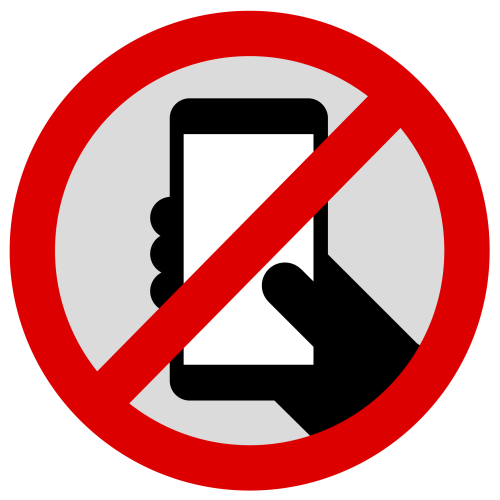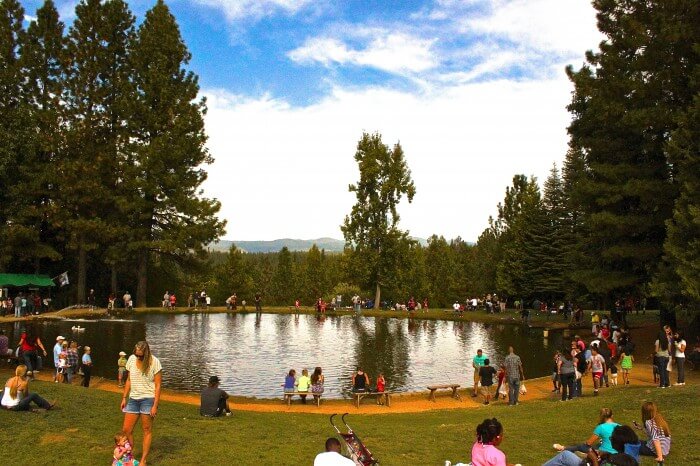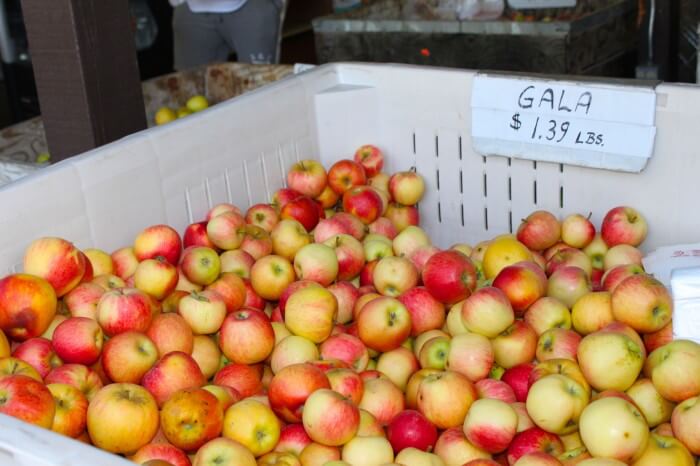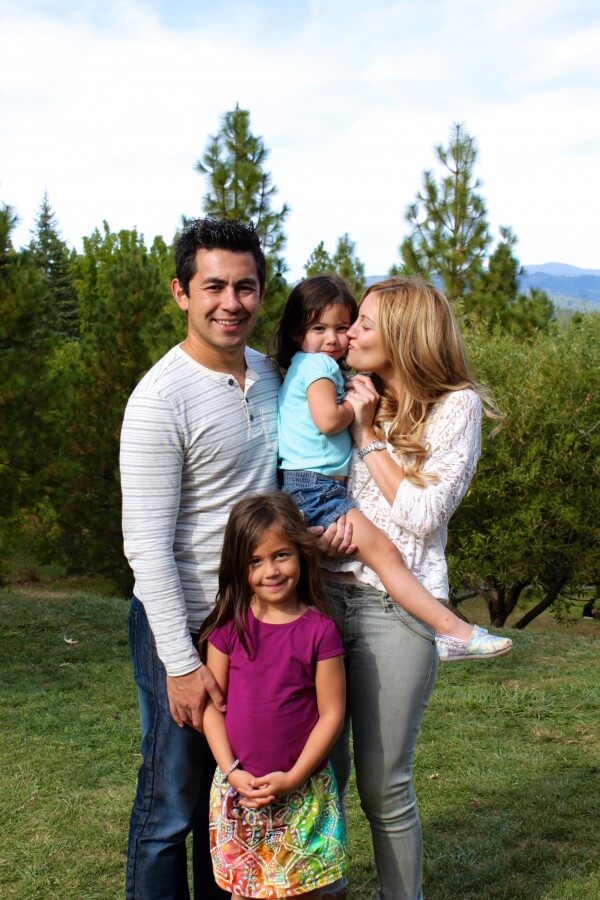
You know those people who seem to always have a finger on the pulse of the times? I am not one of those people.
I’m always a little behind when it comes to what’s going on in the world, be it geopolitical events, entertainment news, or new technology. This is probably due to a combination of living in rural Vermont, not having a television, and parenting four small children.
So it might not be factually accurate to say that this is The Year of Social Media Backlash; I’ll stick with saying that this is the year I noticed a lot of social media backlash.
A sampling of some things that made me take notice: Last May, the commencement speaker at the college where my husband teaches was the brilliant author Jonathan Safran Foer. He devoted his commencement address — later excerpted on the New York Times Op-Ed page — to a critique of modern communication technologies. Then there was comedian Louis C.K.’s viral rant against smartphones on Conan O’Brien’s television show. Even the popular Momastery blog got in on the action, with a post lambasting the comparisons engendered by social media.
All of these critiques were intelligent, articulate, thought provoking, and — I believe — disturbingly true. And each boiled down to essentially the same point: that social media (things like Facebook, Twitter, Instagram, and even — gulp! — blogs) and the technology that enables it (especially smartphones) actually prevent us from interacting with real people in genuine ways. Instead, we use our smartphones and Facebook pages as shields to keep us from having to look people in the face, while at the same time they keep us continually “busy” enough to stave off our existential dread.
I was thinking about all of this one afternoon as my daughters napped. Usually, their naptime is my writing time, but not that week. Instead, that week I’d been using naptime to whip up a variety of increasingly elaborate meals for my family. I’d baked my way through multiple sweet treats, and on this particular afternoon I had a homemade mac and cheese in the oven while I pureed the carrot ginger soup I’d made from scratch.
As the immersion blender pelted me with steaming bits of carrot, I thought, What am I DOING? Anybody who knows me, or has read me, will recognize that elaborate meal preparation is NOT me.
It hit me like a ton of How to Cook Everything‘s: I was cooking in order to stave off my existential dread.
That’s a little dramatic, but it had been a rough week. The baby had a cold, which meant that I was up more than just the normal twice-nightly feedings; I was exhausted. When I’d sit at the computer to write, I felt like I had nothing to say. I’d stare at the blank screen, then give up and see if there were any new updates over on Facebook.
Rather than face my exhausted, uninspired emptiness, I cooked.
Granted, cooking for your family is probably one of the more functional ways to avoid facing life. But it got me thinking about ALL of the methods that we use to numb ourselves to our own pain and loneliness — methods that were around long before the invention of smartphones. Want to dodge relationships and uncomfortable feelings? Well, there are always the addictions: drugs, alcohol, food, sex. Then there are the things that look more socially acceptable, like overworking, shopping, television, and perfectionism. It’s interesting that Louis C.K. mentions texting while driving to avoid feeling alone in the car; Maria, the heroine of Joan Didion’s novel Play It As It Lays, spends most of her time alone in the car, driving L.A.’s freeways to numb her feelings. So I guess one person’s shield is another person’s dread.
I’m even willing to bet that prehistoric man spent some extra hours hunting and gathering whenever life got a little too real.
Which begs the question: Could it be that the problem isn’t social media after all? Could it be that the problem is — and always has been — US?
I realize that social media is highly addictive and brings with it a host of uniquely problematic possibilities. But my sense is that if we weren’t using social media to disconnect, we’d be using something. It’s convenient to blame smartphones for our relational ills, because they’re the new new thing. I wonder whether, centuries ago, the printing press came up against similar criticism; suddenly, everyone had their noses stuck in books.
What is it about people that makes us jump at any excuse to avoid ourselves and others? I think it’s fear — the same fear that hit Adam and Eve way back when they first realized that they were naked, and covered themselves with leaves. We’re terrified to take an honest look at our naked selves, let alone reveal ourselves to others: all those stretch marks, moles, and scars. Smartphones are just modern day fig leaves when we use them to avoid eye contact.
Whenever my daughters (or I) are really afraid, I ask, “What’s the worst thing that could happen?” In almost any situation, the bottom-line answer is: death. Whether it’s swimming without floaties, crossing the monkey bars, or starting a new relationship, our base fear — irrational as it may be — is that we’ll die. If I really FEEL my feelings, if I really SEE other people, then I may just DIE.
It’s so hard, being human. Because the truth is: We’re all going to die anyway. This shouldn’t make us afraid; it should make us brave. Brave enough to set aside the whiskey and the remote and the immersion blender and the smartphone and the fig leaves, and let ourselves be spiritually and emotionally naked once in a while.








